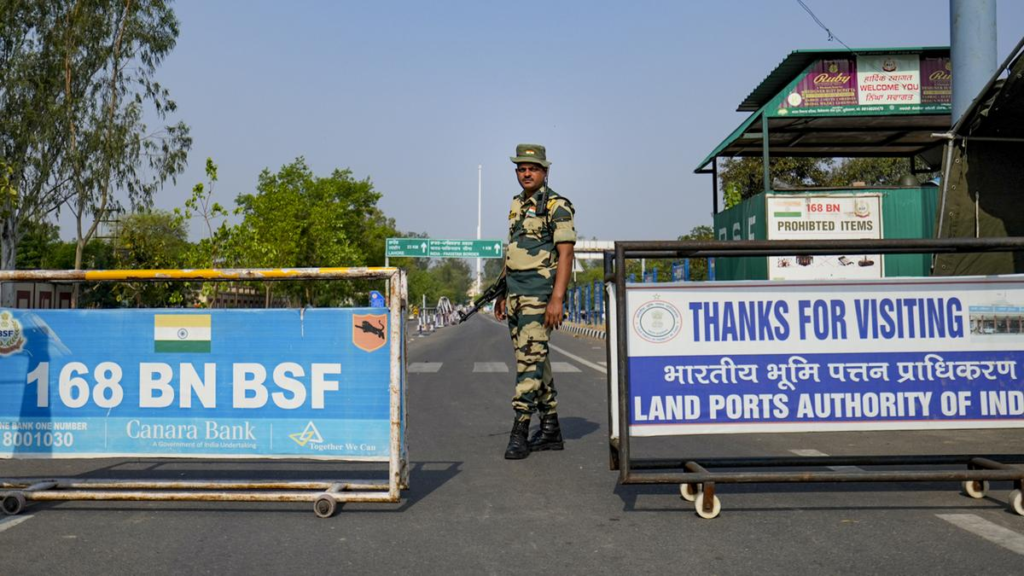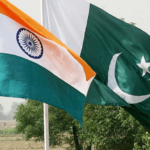Introduction
In a significant escalation of tensions, India has frozen all imports from Pakistan and suspended cross-border postal services. This move marks a major shift in Indo-Pak relations and is likely to have lasting effects on trade, diplomacy, and regional stability. In this blog, we explore the top 5 impacts of this policy decision and what it means for both nations.

1. Trade Losses for Pakistan
Pakistan’s exports to India, though modest, have historically provided critical revenue for sectors like textiles, cement, and fruits. The abrupt halt could severely impact small and medium enterprises reliant on Indian markets.
- Textile and leather goods will lose a key export destination.
- Agricultural products like mangoes and dates face spoilage risks.
- Estimated trade loss for Pakistan: over $150 million annually.
2. Rising Prices for Indian Consumers
With Pakistani goods off the shelves, certain commodities may become more expensive in India, especially seasonal imports like dry fruits and cement, which were previously cheaper when sourced from across the border.
- Dry fruit prices could rise by 20–30% during festive seasons.
- Cement prices may be affected in border regions.
3. Diplomatic Relations at a New Low
By suspending not only trade but also postal services, India signals a diplomatic deep freeze. It eliminates even symbolic channels of peace, reducing opportunities for dialogue and conflict resolution.
- Track-II diplomacy channels further eroded.
- Public sentiment hardens on both sides of the border.
4. Impact on Regional Trade Dynamics
This freeze could redirect India’s import dependencies toward other regional players like Afghanistan, Iran, or Southeast Asia, and intensify China’s influence in Pakistan through CPEC and other strategic ties.
- India may boost regional integration with ASEAN and SAARC alternatives.
- Pakistan likely to deepen trade dependence on China.
5. Humanitarian and Cultural Fallout
Postal links, often used for familial and cultural exchange, are now cut off. This will affect thousands of families and civil society organizations that rely on snail mail and courier services to maintain contact.
- Cross-border love stories, pen-pal friendships, and NGOs are disrupted.
- Symbolic loss that affects people-to-people diplomacy.

Conclusion
The suspension of trade and postal ties between India and Pakistan is more than a political gesture—it’s a move that affects economies, communities, and bilateral trust. While it underscores New Delhi’s hardline stance amid rising tensions, it also risks long-term damage to regional peace efforts.
For more insights into India’s evolving geopolitical stance, read our article on India’s South Asia Trade Strategy.










